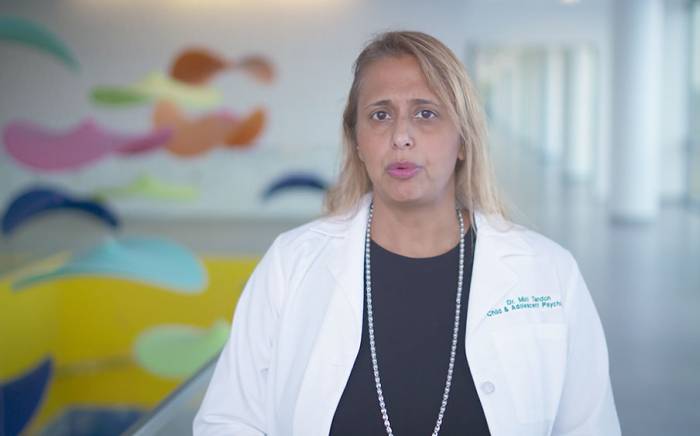The number of college students struggling with mental health issues is on the rise. Learn what you can do to help your child.
Going off to college is an exciting time for many young adults, but it also poses a variety of new challenges that can take a toll on their mental health.
“These students are transitioning into adulthood, and there is a change in roles and responsibilities that comes with that,” says Jeffrey Rothweiler, PhD, a clinical psychologist at St. Louis Children’s Hospital. “On top of that, they are trying to navigate their way through an entirely new social and academic environment. All these factors combined can make college students especially vulnerable to feelings of anxiety and depression.”
While most college students deal with occasional bouts of stress and loneliness, Dr. Rothweiler recommends taking a closer look at symptoms of mental illness—including changes in mood, poor sleep habits, inability to concentrate or complete basic tasks, failure to show up to class, and abrupt changes in behavior and/or communication habits—that persist nearly every day for two weeks or longer.
“Once students hit that two-week mark, it is important for them to receive help from a psychologist or therapist,” Dr. Rothweiler says. “Many college students have access to these kinds of mental health services through student health centers at their schools. If this is not an option, however, students may need to find these services off-campus. This can be trickier, so family assistance is vital.”
From a Distance
As a parent, it can be hard to know how to help your children manage the transition into college life and early adulthood.
Dr. Rothweiler says there are some proactive steps you can take from afar:
- Communicate. Your child is an emerging adult and needs room to grow and make mistakes, but it is important to stay in touch. Maintain regular contact via telephone, text or social media. Ask questions, and always be willing to listen.
- Encourage healthy behaviors. Staying hydrated, eating a well-balanced diet, getting enough sleep, staying on top of schoolwork and building a social network can all be beneficial to your child’s mental health.
- Prepare your child. Discuss your own college experiences, any struggles you had with anxiety or depression and what resources are available to your child. Additionally, you can try to anticipate in advance what might be difficult for your child and prepare him based on those attributes. If your child is a shy person, for instance, talk to him about the potential for loneliness and how he can plug himself into different groups on campus.
- Step in when necessary. If your child has been acting differently, doing worse in school or failing to show up to classes, be direct. Ask her if she is experiencing symptoms of anxiety or depression and encourage her to get the help she needs.
Worried about your teenage child’s behavior or mental health? Call the St. Louis Children’s Hospital teen helpline for parents at 314.454.TEEN or 314.454.8336 for additional resources.





